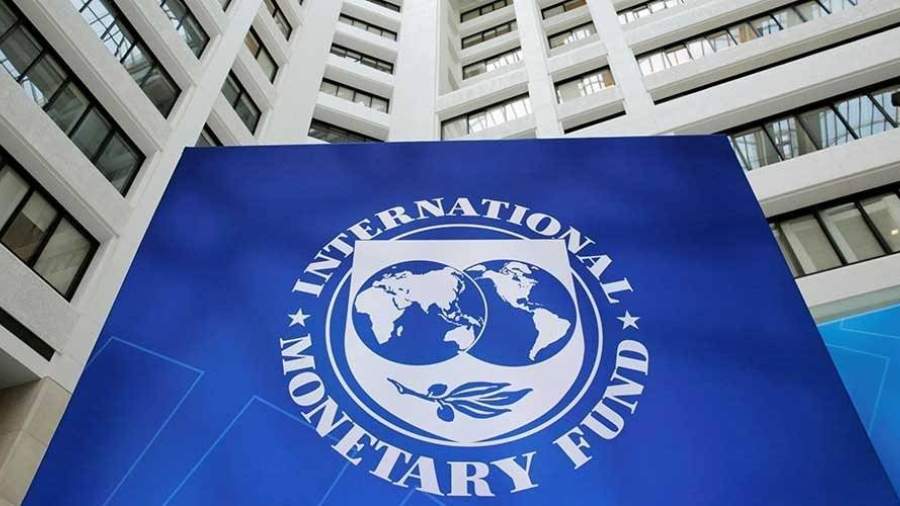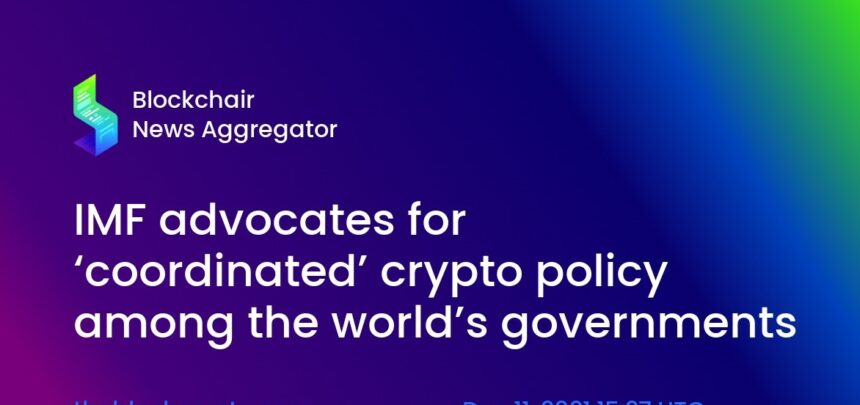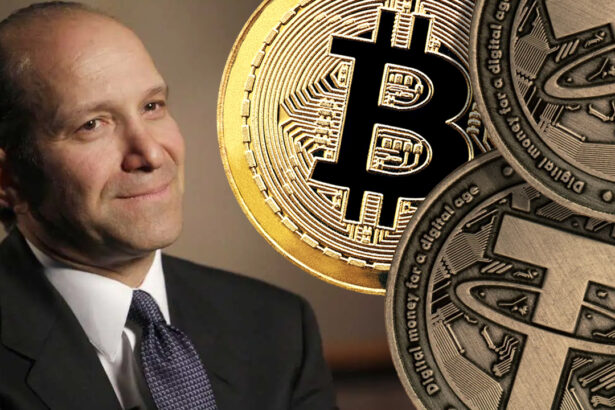IMF advocates for carbon: During the peak of the COVID pandemic, governments worldwide imposed strict lockdown measures. Leading to widespread economic disruption. A significant portion of the global economy came to a halt, disrupting supply chains and, causing mass unemployment. And contributing to a stagflation crisis. The measures, while aimed at curbing the pandemic, Fintech vs Crypto: A Comparative Analysis resulted in severe economic consequences that had far-reaching effects on both businesses and individuals. This unprecedented shutdown of economic activities proved to be a severe blow to industries and livelihoods worldwide.
Climate Change Advocates’ Argument: A Positive Impact on Emissions
In the wake of the economic downturn caused by the pandemic. Some climate change advocates argued that the lockdowns had an unintended positive effect on the planet. According to reports, global emissions fell by 5.4% during the peak of the pandemic lockdowns, prompting proponents of climate action to highlight this as evidence that large-scale restrictions on human activity could have a significant impact on reducing carbon footprints. They presented the pandemic shutdowns as a positive precedent for reducing emissions in the fight against climate change.
The Concept of “Climate Lockdowns” as a Future Solution
Building on the perceived benefits of reduced emissions. During the pandemic, climate advocates proposed the idea of “climate lockdowns.” These proposed measures were suggested as a strategy to mitigate climate change by intentionally halting or limiting economic activities. Advocates argue that climate lockdowns could serve as a form of global action to meet ambitious environmental goals. Including reducing carbon emissions to combat global warming. Some even argued that the pandemic lockdowns were a “trial run” for this kind of plan.
Globalists’ Vision of Climate Lockdowns as Collective Penalties
Globalists have presented climate lockdowns not only. As a means of controlling emissions but also as a form of collective punishment in response. To people’s failure to reduce their carbon footprints voluntarily. According to this view, if populations are unwilling to take the necessary steps to curb their environmental impact, governments may have to enforce draconian measures. Prominent voices within the globalist agenda, such as Mariana Mazzucato, a World Economic Forum expert, suggested that climate lockdowns would involve extreme restrictions, such as banning private car usage, limiting meat consumption, and introducing drastic energy-saving policies. Such steps were framed as necessary to avert catastrophic environmental consequences.
The IMF’s Role in Global Climate Action
The International Monetary Fund (IMF) has been a major. Advocate for policies that push for a global reduction in emissions. The IMF has played a prominent role in pushing forward the agenda for economic restructuring as part of the global climate action effort. A recent statement by the IMF in its “Global Climate Action Call” emphasized that economic restrictions and emission reductions must go far beyond the temporary measures imposed. During the pandemic to meet the ambitious temperature targets outlined in international climate agreements. The IMF advocates for drastic economic measures Including carbon taxes and other regulatory frameworks, to ensure nations meet these goals.
The IMF’s Preference for Carbon Taxation Over Lockdowns
Rather than implementing open lockdowns as a way to curb carbon emissions. The IMF and other globalist organizations are likely to favor carbon taxes and market-based solutions. These measures, they argue, could create economic incentives for companies and individuals to reduce their emissions. Similar to how central banks use interest rate hikes to control inflation, carbon taxes would be an indirect form of economic restriction aimed at achieving environmental goals without shutting down entire sectors of the economy. However, such policies could have devastating consequences for economies, particularly in the West, by triggering energy crises. Food shortages, job losses, and economic recessions.
The Devastating Impact of Indirect Economic Shutdowns
 If global carbon tax policies and other restrictive measures are enforced, the results could be catastrophic. Economic shutdowns, even if not as overt as the pandemic lockdowns, could lead to severe disruptions in daily life. Energy crises could become more pronounced, as reliance on fossil fuels would be severely restricted, leading to increased energy prices and potential shortages. Food production could be impacted by rising costs and supply chain disruptions, while large-scale job losses could follow as industries struggle to adapt. These economic shocks could result in a profound economic collapse, particularly in the Western world, and contribute to a significant decline in global populations.
If global carbon tax policies and other restrictive measures are enforced, the results could be catastrophic. Economic shutdowns, even if not as overt as the pandemic lockdowns, could lead to severe disruptions in daily life. Energy crises could become more pronounced, as reliance on fossil fuels would be severely restricted, leading to increased energy prices and potential shortages. Food production could be impacted by rising costs and supply chain disruptions, while large-scale job losses could follow as industries struggle to adapt. These economic shocks could result in a profound economic collapse, particularly in the Western world, and contribute to a significant decline in global populations.
The “Climate Cliff” and Its Unproven Theory
A key argument used by the IMF and other global organizations in advocating for drastic climate action is the concept of the “climate cliff.” According to this theory, a 1.5°C increase in the Earth’s temperature could trigger a domino effect, causing environmental catastrophes, further emissions, and irreversible damage to the planet. This theory is central to the urgency of pushing for aggressive emission reductions. However, there is no solid scientific evidence to support the climate cliff theory, and the link between carbon emissions and global warming remains a topic of ongoing debate. Historical temperature data shows that the Earth has gone through periods of warming and cooling, and current temperature fluctuations may not be as unprecedented as suggested.
Carbon Taxes and Wealth Redistribution
The true aim of policies like carbon taxes and climate regulations may not solely be about combating climate change, but rather about redistributing wealth from developed nations to developing countries. Climate change advocates argue that wealthier nations, which are historically the largest contributors to carbon emissions, should pay for the environmental damage they have caused. However, the actual outcome of these policies might be the centralization of control over national wealth and individual freedoms. The IMF, which advocates for these measures, stands to play a pivotal role in overseeing and managing this new global economic order.
The IMF’s Role in Leading the New Global Economic Order
The IMF has positioned itself as a leading force in the push for global climate action, promoting policies that could lead to major economic shifts. By advocating for carbon taxes, emissions reduction strategies, and other regulatory frameworks, the IMF and other global organizations are effectively shaping the future of the global economy. The IMF’s leadership in this new economic paradigm may signal the rise of a centralized system of wealth management, where national economies are realigned with the broader goals of environmental sustainability and wealth redistribution.
Conclusion
The debate surrounding the implementation of climate policies, such as carbon taxes and potential “climate lockdowns. Reveals a deeper intersection between environmental concerns and global economic control. While the intention behind these measures is often framed as a necessary response to the climate crisis. There are growing concerns about their potential consequences. The pandemic lockdowns served as a stark reminder of how economic. Restrictions can have far-reaching impacts on businesses, jobs, and societal freedoms.
[sp_easyaccordion id=”3195″]






